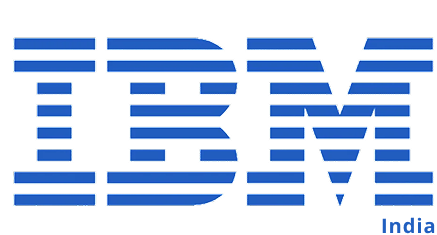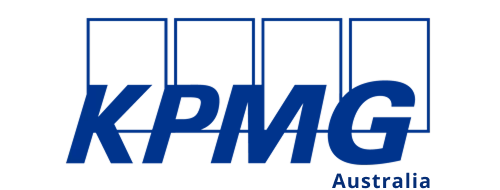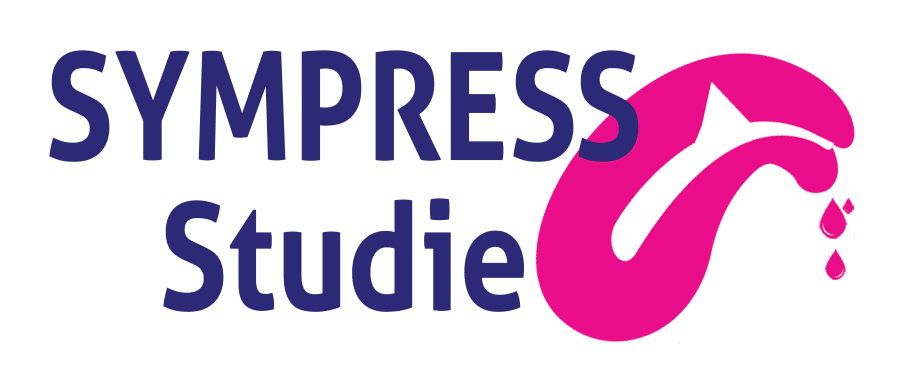Laravel has emerged as one of the most popular PHP frameworks for web development, renowned for its elegance, simplicity, and robust features. Whether you’re a seasoned Laravel developer or just starting, there’s always something new to learn and refine in your workflow. In this comprehensive guide, we’ll delve into 50 essential tips that will elevate Read More…
















